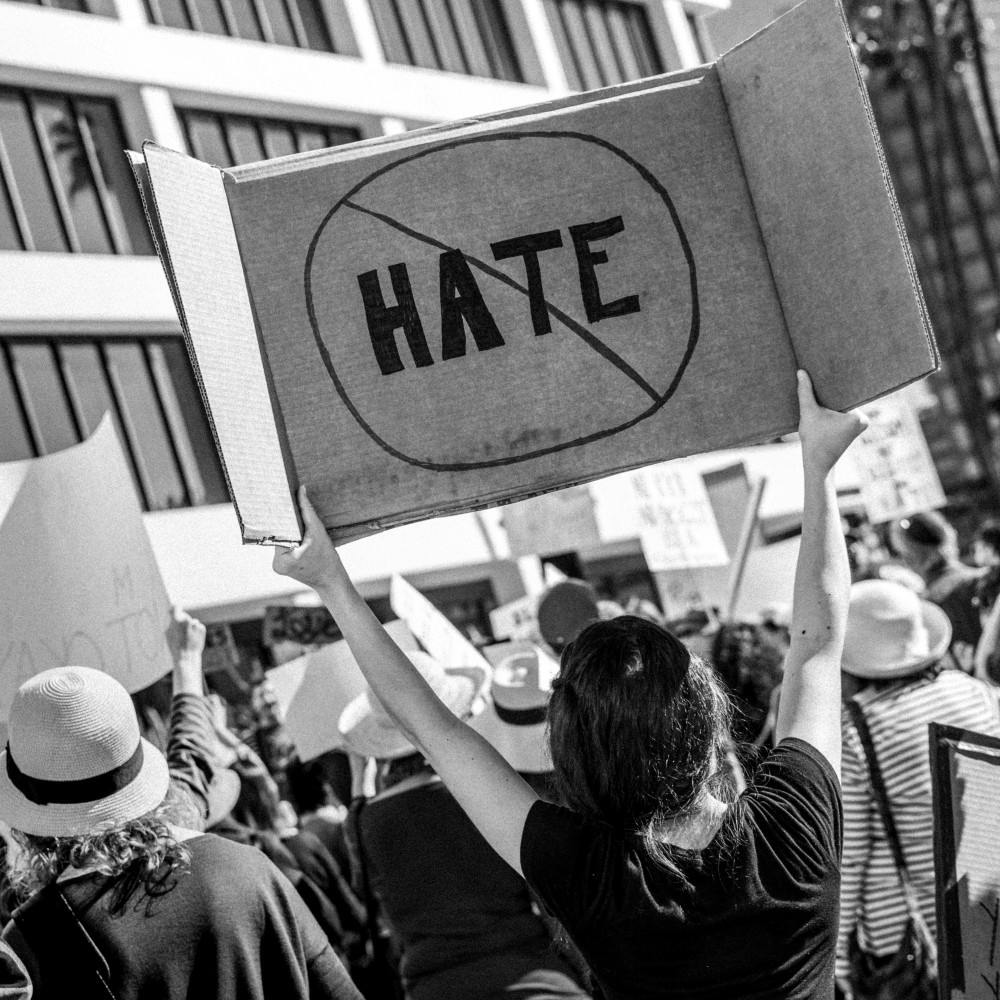According to Norman Finklestein, I am one of the “Jewish students who allegedly were pained” by his remarks at the “Fighting for Justice: From Gaza to Ferguson” panel on Oct. 10. I am pained by the vile things he espoused, and I am pained that, instead of engaging critically on the Israeli-Palestinean conflict and intersectional solidarity, Finklestein was invited to do what he does best: express anti-Semitism.
This isn’t a matter of prolonging or dragging out a story. It’s about standing up against discrimination, even if that discrimination manifests itself in a way that is uncomfortable for us to talk about. His words at the panel and his dismissal of them in his op-ed are anti-Semitic (as was articulated in Marie-Rose Sheinerman and Caitlin Limestahl’s article). The fact that he was able to get the last word is horrific.
To Finkelstein: thank you for reiterating and adding to your history of anti-Semitic claims for those who may have missed them. Thank you for cushioning anti-Semitic claims within other anti-Semitic claims, as if that buffering would justify them.
Thank you for assuming that all Jewish students on this campus are one monolith, sharing the same feelings and reactions. No member of any minority group can speak for everyone. So I write now, neither as a representative of all Jews nor even all Jews on campus, but rather as an individual with my own thoughts and emotions.
I do not call Norman Finkelstein an anti-Semite lightly. Examining his words at the panel and what he’s written and said on past occasions, alongside the United States Department of State’s definition of anti-Semitism, does not leave room for any other interpretation.
Some examples of anti-Semitism as listed by the State Department are: “Accusing the Jews as a people, or Israel as a state, of inventing or exaggerating the Holocaust;” “Using the symbols and images associated with classic [anti-Semitism] (e.g., claims of Jews killing Jesus or blood libel) to characterize Israel or Israelis;” “Drawing comparisons of contemporary Israeli policy to that of the Nazis;” and “Holding Jews collectively responsible for actions of the state of Israel.” I think Finkelstein is guilty on all these counts.
Finkelstein claims that Jewish students are calling him anti-Semitic to distract from having difficult and important conversations about Palestine and “Gaza’s martyrdom.” How dare he claim this when he was the one who used this panel on intersectional alliance as a platform for his anti-Semitism? How dare Finkelstein be upset at The Daily Princetonian’s coverage — how dare he expect anything less than coverage of the anti-Semitism that took place last week? I am not looking to hide anything or distract from anything. I invite critical and complex conversations about the Israeli-Palestinian conflict.
However, I am not in favor of conversations that whitewash and oversimplify the complexities of Israel-Palestine by painting Israel or Palestine as an evil aggressor. I think we are smarter than that, and I think both Israelis and Palestinians deserve more than that — more than unfairly minimizing a complex and nuanced conflict. I am against inviting people with a history of unapologetic anti-Semitism to speak of this topic. As Jacob Katz ’23 put it, “This is an important debate, and it deserves more respect than a denial of facts and anti-Semitism.”

Finkelstein writes that “[the ‘Prince’] apparently couldn’t find a single audience member who appreciated them [his comments], even as my intervention evoked loud applause.” I’m not quite sure how to track these people down, so I call out to you, the members of the Princeton community who appreciated and applauded Finkelstein: what are your thoughts? Please share them with me. Please write in, drop me a line, shoot me a message, let me know why you clapped. Did you wake up that morning thinking you would be complicit in an anti-Semitic attack, or did it just happen (whatever that means)?
Why did you snicker? Why did you clap? Why did you sit idly by as Finkelstein said harmful and hurtful anti-Semitic things, targeting the Jewish students at the panel and Judaism at large? Why didn’t you care?
Finkelstein writes that “the ‘Prince’ is supposed to prioritize the interests of the Princeton community.” I would hope that calling out anti-Semitism counts as one of those interests.
Esther Levy is a sophomore from Brooklyn, N.Y. She can be reached at edlevy@princeton.edu.









